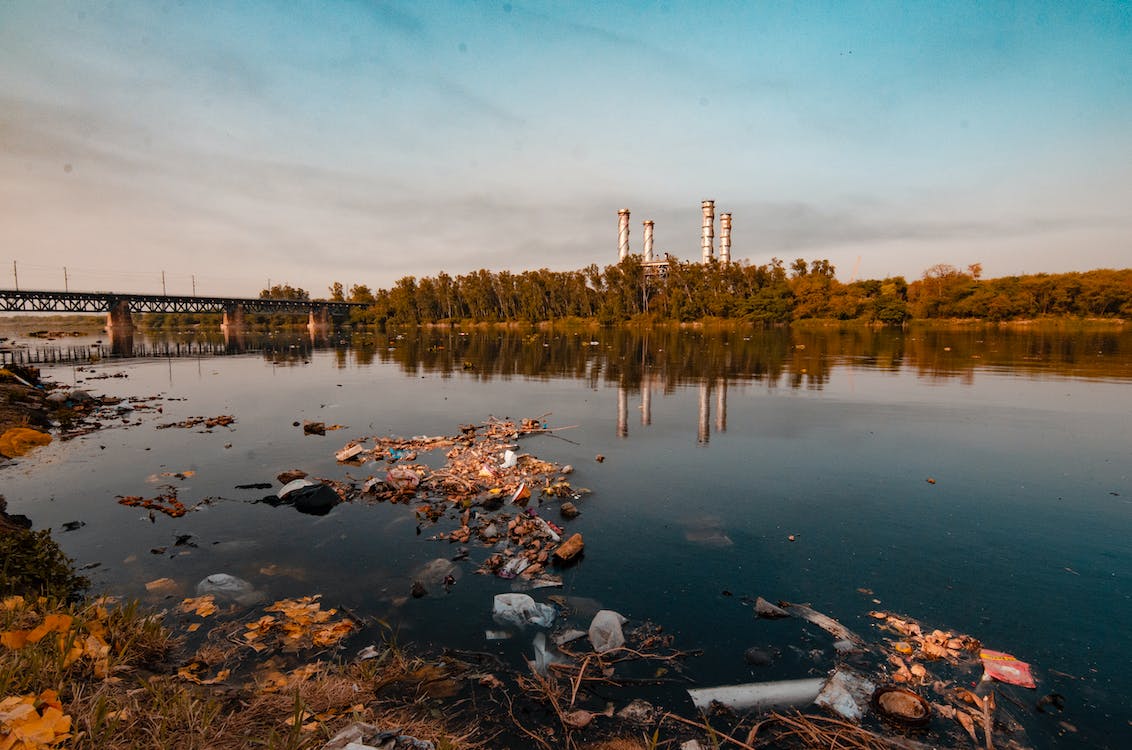The poor water quality has led to the outbreak of cholera across the country Photo Pexels
Parys – The cholera outbreak in South Africa has taken a dangerous turn, with the detection of cholera in the Vaal River in Parys. This outbreak follows the previous cases in Hammanskraal and the Free State, indicating a widespread problem that demands immediate attention.
The water quality in the Vaal River region has been a cause for concern for several years, explained Lambert de Kerk, Manager for environmental affairs at AfriForum. AfriForum has been involved in addressing such issues and has been engaged in legal battles for the past three years with the local municipality and the Department of Water and Sanitation. Recently, they conducted specific tests in the Parys area after receiving reports of cholera cases.
“We came across a manhole that was overflowing. We went to go pick up the sample about 10 metres downstream from where the sewage was running into the river. We took a sample there to test specifically for E coli as well as cholera. The interesting thing, around about a kilometre from where the manhole is overflowing, the extraction for the Vredefort water plant for drinking water is specifically downstream from where the manhole is. We then found out that there is cholera in the water.”
Extent of the problem
The cholera outbreak in the Vaal River region has the potential to spread to many other areas, as the river serves as a vital water source for numerous towns. The current situation raises concerns about the effectiveness of water treatment plants and the testing procedures conducted by municipalities.
“We’ve been in court for three years because of the water quality in the Ngwathe Local Municipality specifically … We are really concerned. If you go look at the Blue and Green Drop reports that were released in 2022 by the Department of Water and Sanitation, it shows that there is a massive need and an urgent need to start addressing the water quality standards within South Africa.”
Municipalities and water quality responsibility
Unfortunately, many municipalities have not taken sufficient responsibility for maintaining water quality standards. One of the major issues is the lack of technical skills among personnel working at water treatment plants.
“What we must see and look at specifically is which of these water plants that are being run by municipalities are not doing the proper chemical testing and the proper chemical dosing. Meaning the chlorine and all your chemical dosing to clean the water. We did a drinking water quality test in town. What we saw was that there was no cholera in the water, but we did pick up a lot of coliforms. It is a bacteria which you get E coli from as well.”
The test revealed that there are bacteria in the water. Now de Kerk and his team are on a mission to test every other water plant and try to find out the source of the bacteria. Another issue, according to de Kerk is the allocation of funds is never used properly. These challenges, coupled with a lack of urgency in addressing water quality concerns, contribute to the growing crisis.
“The problem is that the money allocated to specific projects, the money basically disappears through corruption, through higher heads in the municipalities. So unfortunately, the responsibility should be very high for them but there’s just a sense of not really worrying.”
SMread: Urgent action needed to resolve SA’s water crisis
AfriForum’s efforts and future actions to solve the cholera outbreak
AfriForum has been at the forefront of addressing water quality issues in South Africa. They have not only raised awareness but also taken legal action against the government and municipalities to enforce accountability.
“We want to help the municipality where we can and the department … What we’ve done for instance in Parys, we gave them a plan in 2020 that stated exactly what should be done on the water plant to fix the water plant. With cost estimation with specialist reports etc. We only found out now in 2023, around February, the municipality has only handed it over to the Department of Water and Sanitation now and decided they are going to use the plan and implement it now.”
The cholera outbreak necessitates immediate action from the government and municipalities. It is essential to address the lack of technical skills, corruption, and delayed responses to ensure the safety of drinking water for all South Africans. While the work of AfriForum is appreciated, citizens should not have to depend on them to do the work the government is supposed to do.
Lambert de Kerk engaged with Inayet Wadee around the critical need for public awareness and accountability in addressing this pressing issue. Listen to that discussion here:
